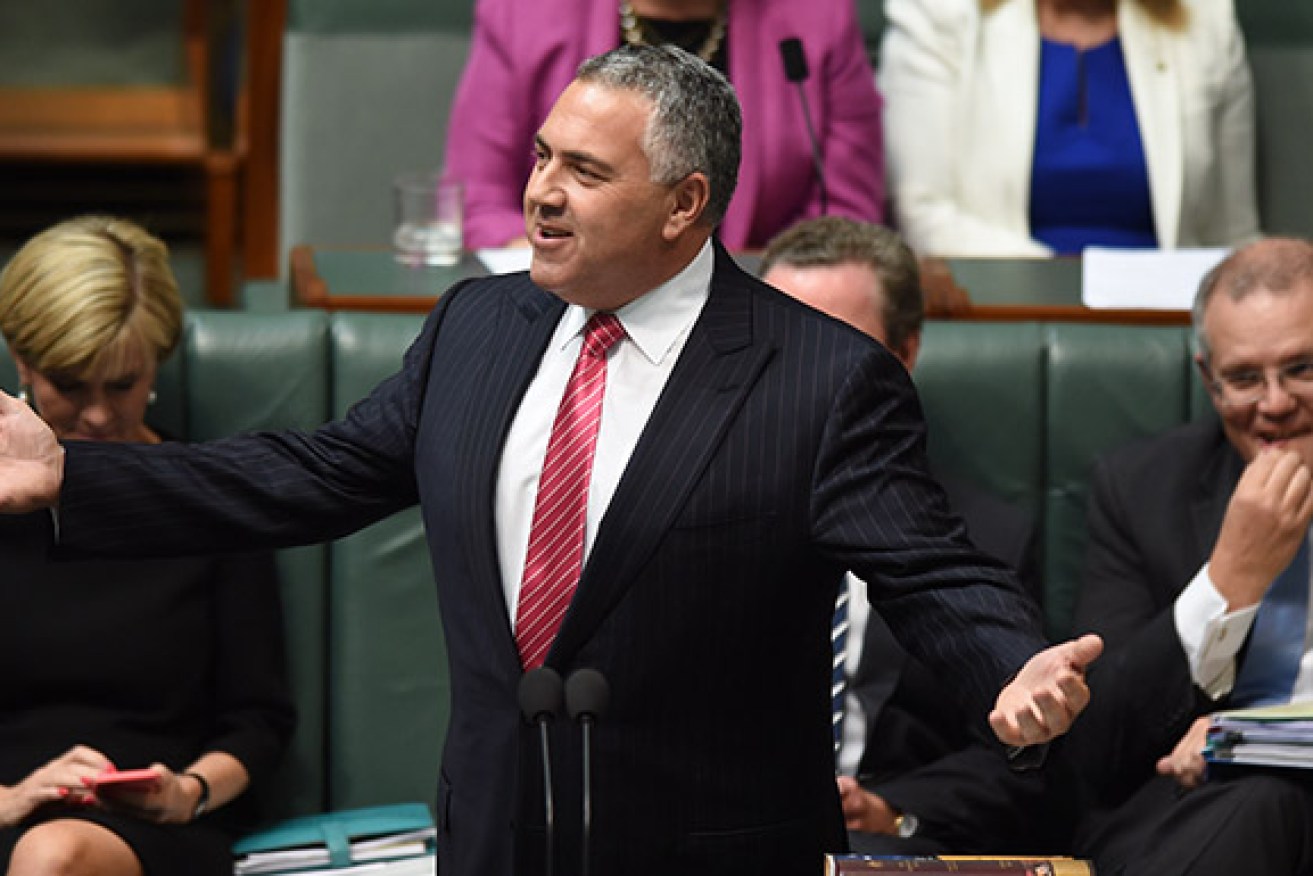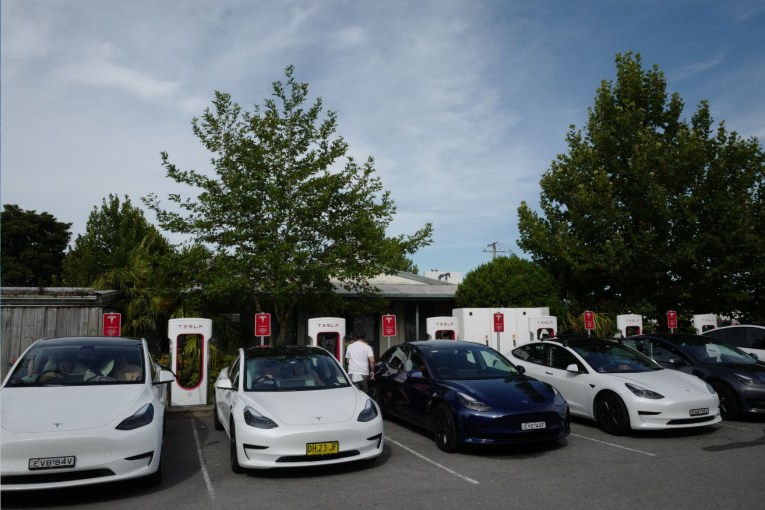Why Joe Hockey must stop treating us like idiots


ANALYSIS
The Abbott government talked a lot this year about ‘resetting’ or ‘rebooting’, following a disastrous run of stalled legislation in the Senate and some ugly opinion poll results.
However one ‘reset’ it has not explained clearly is the adjustment it plans to make to income tax thresholds if – and it’s a big ‘if’ – it can get some of its controversial offsetting savings plans through the upper house.
In fact, saying it’s not being ‘clear’ is an understatement, because when we talk about income tax threshold resets, the very language used by the pollies is deeply flawed.
• Eruption of common sense shows way forward on jobs
• The truth about how your money becomes mine
• Why a GST hike might be a good idea
Both Labor and the Coalition use the term ‘tax cuts’ loosely – in some cases, ‘cuts’ are nothing of the kind.
In recent history, Kevin Rudd swept to power with Treasurer Wayne Swan in 2007 promising to match a series of income tax cuts promised, in desperation, by the politically sinking Howard government.
Swan delivered the cuts over his first three budgets, even though economists warned that the swollen revenue base of the Howard years was rapidly shrinking.

While treasurer, Wayne Swan cut taxes, then delivered a series of deficits.
The Gillard years, 2010 to 2013, were then characterised by a string of large deficits creating a stock of national debt that is still increasing.
During the 2013 election campaign, Tony Abbott made many wild promises – “no cuts to health, no cuts to pensions, no cuts to the ABC and SBS” – but at least he did not guarantee that he would deliver income tax cuts. He did, however, say he intended to find room for them soon.
A bit under two years later, there is no room for such cuts – we will get the next update on the sorry state of the budget deficit when Treasurer Hockey hands down his second budget on 12 May.
And yet Hockey is still using the prospect of ‘tax cuts’ as an incentive to get savings measures through the Senate, and to get the nation to look at serious tax reform.
It should be noted that the tax reform discussion paper released last week is not intended to lead to any substantial tax reform before 2016 – the government has promised to take any major tax changes to the election next year, as John Howard did with his GST policy in 1998.
• Easter brings retail swipe-a-thon
• Westpac under pressure over payday loan link
Nonetheless, on tax reform, Hockey has a good point. If we don’t reform the other taxes, the ongoing march of ‘bracket creep’ will inevitably increase the income tax burden paid by working Australians.
That’s bad for equity, bad for the economy, and over time will skew the tax system away from much more ‘efficient’ taxes (see: A GST hike might be a good idea).
So we need ‘cuts’, right?
Well no. This is where the language of taxation needs updating. When bracket creep pushes a larger portion of a worker’s pay into higher tax brackets, workers are getting an effective tax increase.
When income tax thresholds are changed to remove that creeping tax increase, politicians love to take credit for ‘cutting taxes’, when they are actually only resetting them to where they used to be.
That’s a problem, because it unnecessarily politicises something that should not give advantage to any side of politics.

Peter Costello attempted to stop lies about government finances with the Charter of Budget Honesty.
To illustrate this point, consider the recent furore over pension indexation. Both Labor and Coalition agree that pensions should be increased in line with inflation – though Labor wants pensions linked to cost of living increases (CPI) or national income increases, whichever is higher, whereas the Coalition wants to stick to CPI.
But whichever is in place, neither sides of politic can take credit for ‘boosting’ pensions unless they actually do increase them ahead of the indexing mechanism – as the Gillard government did as part of its carbon tax compensation package in 2011.
So back to income tax. Several other OECD countries, including Canada, the US (for national income taxes) and the Netherlands, already index their income tax thresholds to keep up with inflation.
That means they have legislated to remove bracket creep. There is no creeping increase in the income tax base, and no illusory ‘tax cuts’ to offset such increases.
Professor John Freebairn, an economist specialising in tax-reform at the University of Melbourne, tells me that there was a brief period in the 1980s when it was decided to link income tax thresholds to inflation.
However, he says, after a couple of years “the government worked out that it could get away with treating voters like idiots” and we once more resumed the invisible tax increases of bracket creep, and the faux ‘tax cuts’ that reset it every couple of years.
Joe Hockey needs a political win, and at present he’s sure he can make some political capital by promising tax cuts.
Much better would be to come clean, and be remembered as ‘Honest Joe’ – the Treasurer who ended the ‘tax cut’ illusion.
Remember, too, that it was the Coalition government under Treasurer Peter Costello that set up the Charter of Budget Honesty, to prevent outgoing governments lying about the nation’s finances.
So how about it Joe? Time to stop treating us as idiots, end the tax cut furphies, and take the political credit for a long over-due reform.







